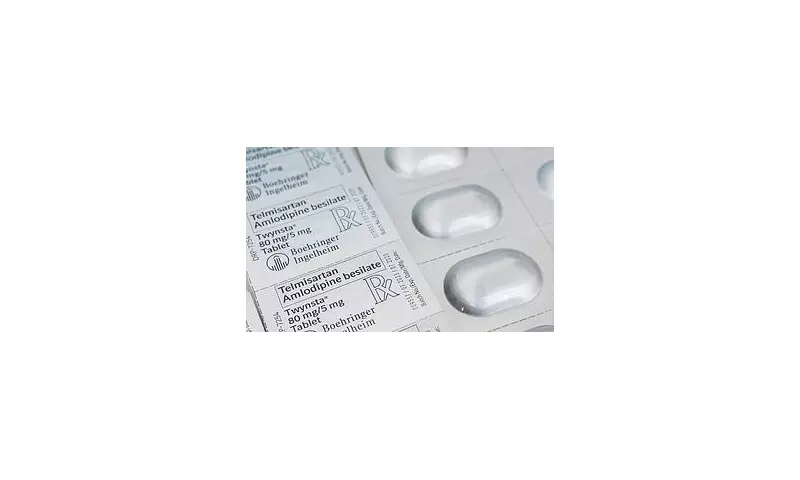
In a medical breakthrough that could transform the lives of millions, British scientists have discovered that two commonly available medications can actually reverse liver disease - a condition previously thought to cause irreversible damage.
The Revolutionary Discovery
Researchers at the University of Edinburgh have made the stunning finding that a combination of drugs already used to treat other conditions can effectively reverse liver scarring and restore organ function. This represents a paradigm shift in how we approach liver disease treatment.
How the Treatment Works
The groundbreaking approach targets the underlying mechanisms of liver damage rather than just managing symptoms. The two medications work together to:
- Reduce inflammation in liver tissue
- Promote regeneration of healthy cells
- Break down existing scar tissue
- Restore normal liver function
Potential Impact on Patients
This discovery offers hope to the estimated 1.5 million people in the UK living with chronic liver conditions. Until now, many patients faced the prospect of progressive deterioration, with liver transplantation being the only definitive solution for advanced cases.
The implications are enormous - not just for patient outcomes but for reducing the burden on the NHS, where liver disease costs approximately £3.5 billion annually in direct healthcare costs.
Next Steps and Availability
While the initial trial results are exceptionally promising, researchers emphasise that larger-scale clinical trials are needed before the treatment becomes widely available. However, the fact that both medications are already approved for human use could significantly accelerate the approval process.
This British-led research represents one of the most significant advances in hepatology in decades, potentially offering a lifeline to millions who previously had limited treatment options.





